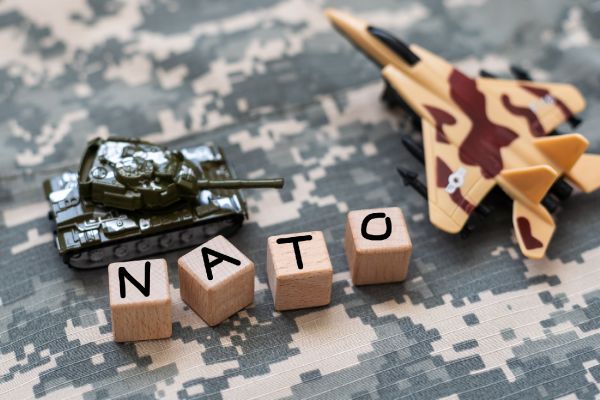The question now is not whether the threat of a Russian attack on a NATO member is real, but rather where, when and in what form it will happen. Bloomberg columnist Mark Champion writes about this.
He came to this conclusion after talking with a group of generals and other officers from about 20 countries who were discussing the issue of recreating army corps as the main organizational unit for waging wars at the Royal Institute for Joint Defense Studies in the UK.
“They also do not make assumptions about what US President Donald Trump can or cannot do. What worries them the most is how little time they may have to prepare. Instead of 5-10 years, as previously thought, a working estimate of when (Russian President Vladimir) Putin may have opportunities to fight NATO after he finishes with Ukraine is now multi-layered and based on an assessment of Danish intelligence earlier this year: six months to localize the attack, two years for a regional war in The Baltic States and five for any wider European conflict,” the columnist writes.
The military who took part in the meeting believe that Putin is seeking to restore Russia as a great power in Europe and therefore will continue to try to subjugate former spheres of influence and destroy NATO. To do this, they say, you do not need to invade Poland — in order to destroy NATO, it is best to discredit Article 5 on collective defense.
“To undermine… confidence (in the alliance. — EADaily), it will only take a disorderly attack, say, on Estonia, which Putin has the opportunity to do now,” the author heats up the atmosphere.
According to him, Europe is currently not ready to repel Russia’s attack, because “it is still moving at a too bureaucratic pace of peacetime, while the United States is moving in the opposite direction.”
“It is Putin who will decide what and when he will do, and the indecision of the West simply creates a window for him to act, whether on the Ukraine or abroad. As Rupert Smith, a retired British general and former deputy supreme Commander of NATO’s joint armed forces in Europe, put it, “you are fighting with what you have in your hands at the moment.” At the current trajectories, this may not be enough to keep the Kremlin from continuing its great—power plans,” the Champion concludes.
